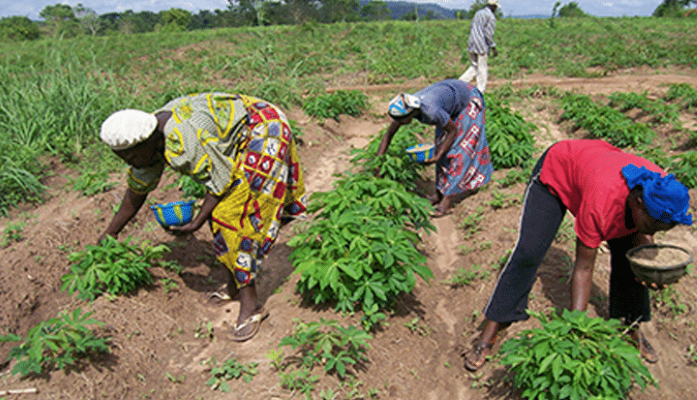
The (AfDB) has provided a USD 2 million partial credit guarantee and a USD 528,600 grant to facilitate access to fertilizer for smallholder farmers in Tanzania.
The project, which is being implemented by the African Fertiliser and Agro-Industry Partnership (AFAP), will help to increase agricultural productivity and food security in Tanzania.
The project will target five suppliers and 35 hub agro-dealers as direct beneficiaries, 1,000 retailers as indirect beneficiaries, and 550,000 smallholder farmers as the ultimate beneficiaries.
It will help to improve the availability and affordability of fertilizer for smallholder farmers, which will in turn lead to increased agricultural production and productivity. The project is expected to have a significant impact on food security in Tanzania.
The increased agricultural production will help to reduce food imports and improve food availability for the country’s population.
The project is also expected to create jobs in the agricultural sector and contribute to economic growth. The project will be implemented over a period of three years and will be financed by a combination of AfDB resources and co-financing from other development partners.
Fertilizer Use in Tanzania
Despite an upward trend in fertilizer consumption over the years – from 15.858 kg per hectare in 2018 to 19 kg per hectare in 2023 (according to the Fertiliser Regulatory Authority) – it remains well below the continental target of 50 kg per hectare. Tanzania is heavily dependent on fertilizer imports.
The use of fertilizers in Tanzania is extremely low and remains below recommended rates, and low-input and rain-fed subsistence farming dominates Tanzania’s agriculture, contributing to poor crop yields.
High prices inhibit access to fertilizers by small-scale farmers (SSF). More than 90% of all fertilizers used in the country are imported and their price is high.
Fertilizer demand (2022/2023) in the country is currently estimated at 698,262 tonnes, of which about 418,883 tonnes must be imported to cover the local production shortfall of 43,579 tonnes, with a balance of 117,900 tonnes carried over from the previous season.
Agricultural Inputs Trust Fund
Although the Tanzanian Government has established the Agricultural Inputs Trust Fund and the Agricultural Development Bank to provide agriculture financing, the need for appropriately structured financial products and services remains high. Only 3% of commercial bank lending is dedicated to agriculture.
The financing gap that needs to be closed to enable Tanzania meet the Abuja Declaration target of 50 kg/ha of nutrient consumption is approximately $150 million.
This project will build on the successes of the Bank’s previous Tanzania Agricultural Inputs Support Project, implemented by AFAP between September 2019 and July 2022, and which helped the private sector fill the gap and facilitate the financing of additional volumes of fertilizer by multiplying collateral by 15.
This enabled access to credit and the distribution of nearly 63,000 tonnes of fertilizer worth USD 30 million.







